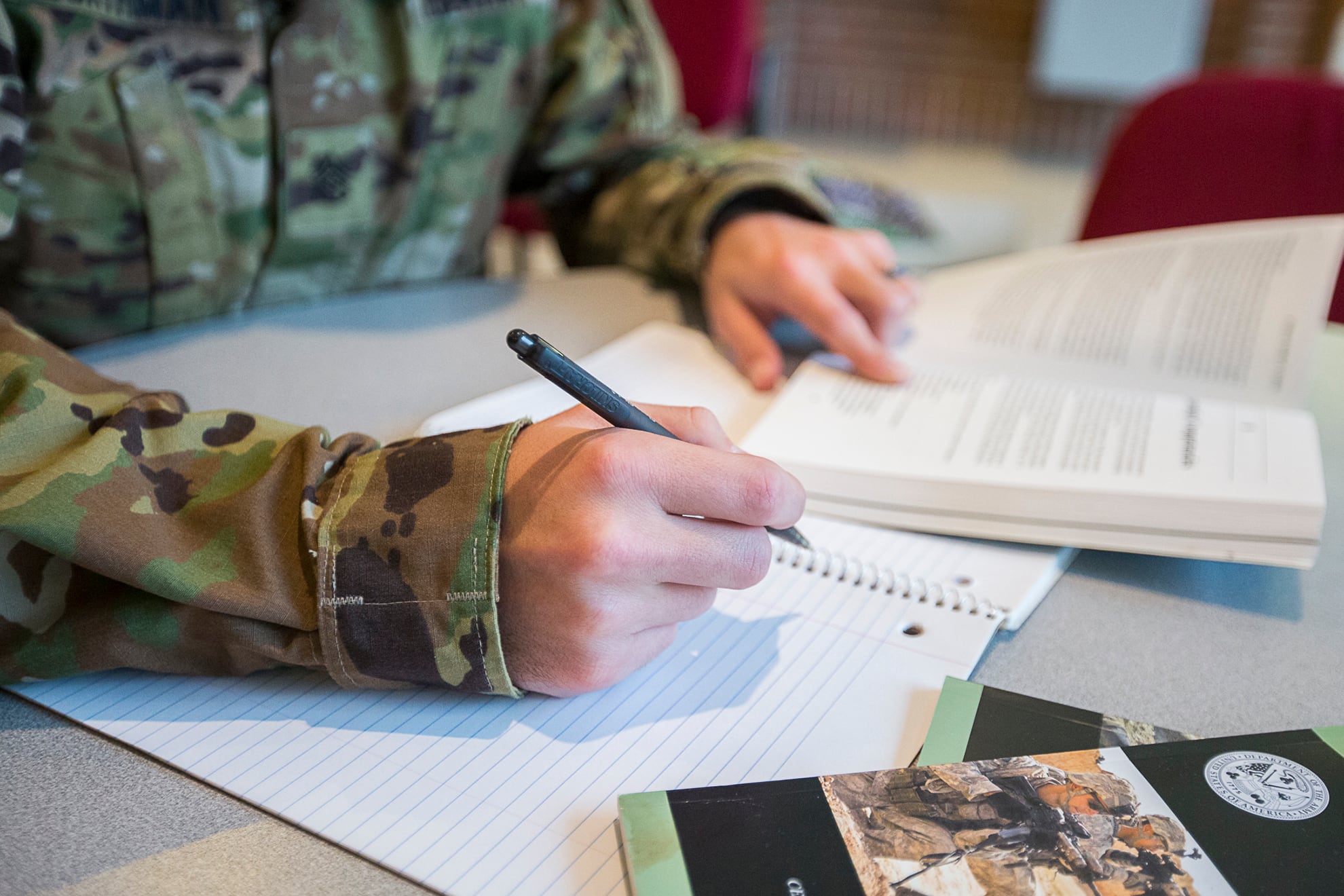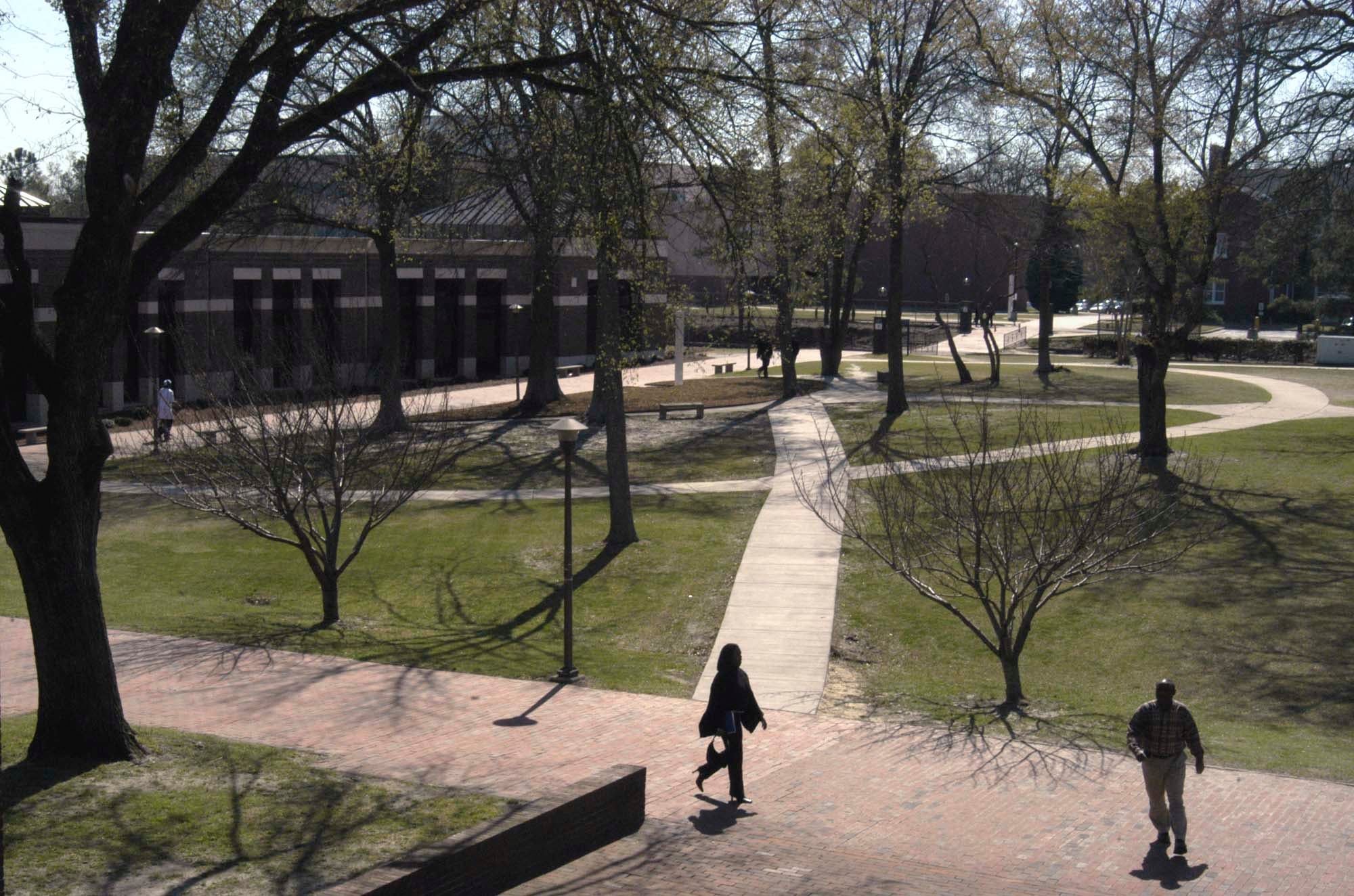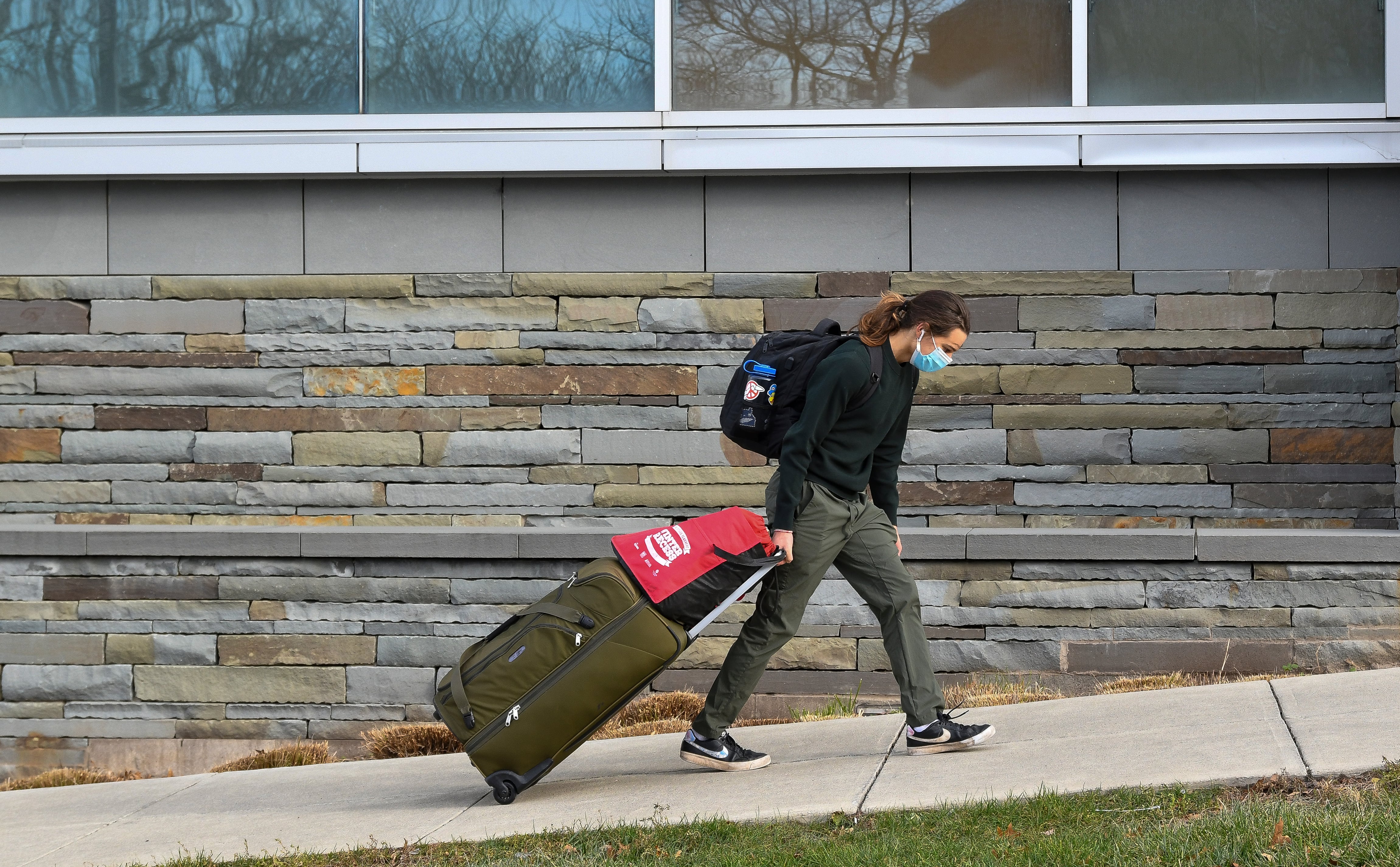Veterans Affairs officials are not planning to extend emergency GI Bill protections past this summer, an indication that they expect college campuses will return to pre-pandemic operations for the fall semester.
Since April 2020, VA leaders have been using various authorities granted by Congress to ensure that veterans and their family members attending classes through the Post-9/11 GI Bill don’t see any disruption in housing stipend payouts, work-study programs and other financial aid options.
Congress renewed those emergency provisions in December, with an expiration date of June 1. In a statement, VA press secretary Terrance Hayes said department officials are not pushing for another extension into the 2022-23 school year.
RELATED

“The Veterans Benefits Administration’s Education Service does not believe an extension is needed,” he said. “Compared to when the protections were put into place, COVID conditions have substantially improved, resulting in the lifting of social distancing restrictions throughout the nation.”
The pandemic protections affected about 57,000 students using the GI Bill benefit this semester alone. Without them, those individuals faced a loss of thousands of dollars in housing support for the spring 2022 semester.
At issue is how post-9/11 GI Bill benefits are paid out to students who attend college classes remotely, rather than in-person.
Students using the veterans education benefit receive money for tuition plus a monthly housing stipend. Individuals enrolled in traditional in-person classes receive the full financial benefit, while students in online-only classes are granted just half of that housing stipend.
However, when the coronavirus pandemic forced college administrators to start moving classes online in spring 2020, it left students in a confusing financial situation. Under the law, their housing stipends should have been cut in half, since they were no longer considered in-person students.
The difference between half of a housing stipend and the full payout can range from a few hundred dollars to nearly $2,000, since the payouts depend on the location of the student and school. For students who had already signed leases for the semester, that lost money could be financially crippling.
VA officials worked with Congress to pass the emergency protections, allowing department administrators to keep paying out the full, expected housing stipends instead of cutting the support checks by half.
RELATED

With most college campuses slowly returning to normal operations, however, department leaders no longer believe those protections are needed.
Officials from the College Crisis Initiative at Davidson College — a research project tracking higher education’s response to the coronavirus pandemic and similar public health issues — reported last month that nearly 90 percent of colleges and universities expected to return to normal in-person operations this semester.
Hayes said officials will “continue to monitor any impacts to our student veteran population” in coming months.
About 360,000 students are attending classes this semester on the Post-9/11 GI Bill, the most popular of VA’s education benefits.
Leo covers Congress, Veterans Affairs and the White House for Military Times. He has covered Washington, D.C. since 2004, focusing on military personnel and veterans policies. His work has earned numerous honors, including a 2009 Polk award, a 2010 National Headliner Award, the IAVA Leadership in Journalism award and the VFW News Media award.





